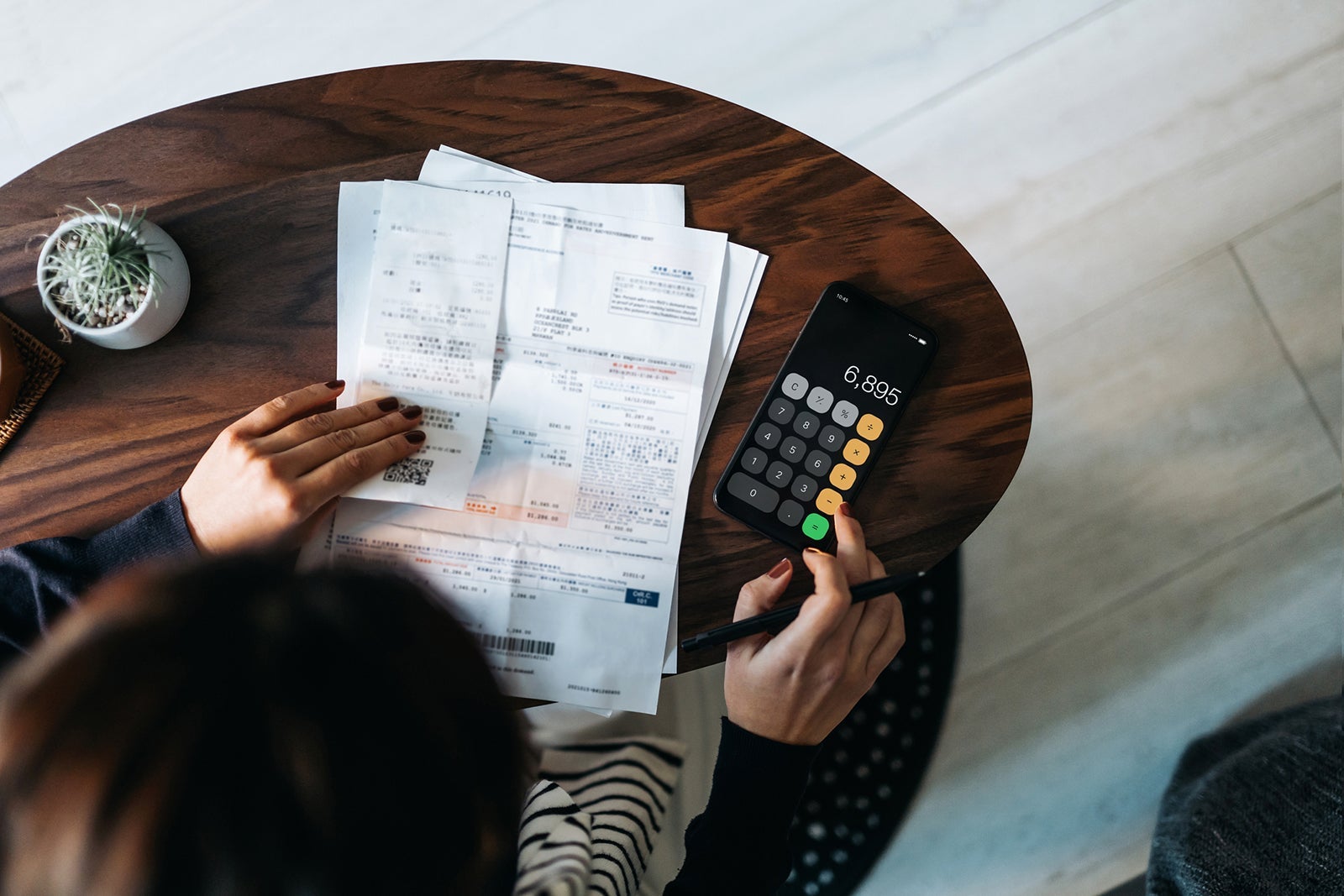How to avoid late and overdraft fees
Editor's Note
Late fees and overdraft fees can serve as a significant source of revenue for credit card issuers and banks, often at the expense of consumers. In fact, Americans pay an estimated $12 billion in credit card late fees each year.
So, what exactly are these fees — and how can you avoid them? Here's what you need to know.
What are late fees?
Late fees are charged when you miss your credit card's minimum payment deadline. The exact cutoff time depends on your card issuer — some require payment by 5 p.m. Eastern time (the end of their business day), while others allow you to pay until midnight on the due date. If you miss the deadline, you could be charged a late fee, typically somewhere in the range between $20 and $40.

Related: How to save your credit score after a late payment
How to avoid late fees
To avoid late fees, make at least the minimum payment by your credit card issuer's cutoff time on the due date. Cutoff times vary — some banks require payment by 5 p.m. ET, while others allow until midnight, so be sure to check your issuer's policy.
Paying the minimum amount due will help you avoid late fees and other penalties, such as raised interest rates or annual percentage rates.

However, paying only the minimum amount due can lead to other expenses, such as interest on your credit card balance. The best way to avoid paying interest on credit cards is to pay your full balance each month.
If you're worried about missing a due date, consider setting up autopay for at least the minimum amount to ensure your payment is always on time.
Related: TPG's 10 commandments of credit card rewards

What are overdraft fees?
Late fees apply to credit cards, while overdraft fees are tied to your checking account. Overdraft fees occur when your account balance goes below zero — either because you spend more than you had, or because you withdrew funds that weren't yet available.
For example, if you deposit a large check that's placed on hold and then make a withdrawal before those funds clear, your account can be overdrawn. In these cases, banks typically charge overdraft fees — often around $35 per transaction.

These fees are similar to those charged for bounced checks, which happen when a check is returned due to insufficient funds in your account.
How to avoid overdraft fees
The simplest way to avoid overdraft fees is to keep your checking account balance positive and avoid spending more than what's actually available. But this can get tricky due to deposit and debit card holds.
Be mindful of deposit holds — banks may delay access to funds from large checks or other deposits, sometimes for several days. If you spend money before it's officially available, your account can go into the negative, triggering an overdraft fee.

Debit card holds can also tie up funds. For instance, hotels or rental car companies may place a temporary hold for incidentals. That money won't be available for spending or withdrawal until the hold is lifted, often days later.
Related: 5 things you need to know about debit and credit card holds
To avoid overdrafts, always check your available balance — not just your account balance — before making payments or withdrawals. And make sure you understand your bank's deposit availability policies to avoid surprises.
Related: 4 reasons why you shouldn't use your debit card
Bottom line
No one likes paying extra fees – and the good news is, many are avoidable. By paying your bills on time, keeping an eye on your account balances, and understanding how deposit and debit card holds work, you can steer clear of unnecessary charges. Most importantly, try to spend within your means.
If you're finding it difficult to manage your debt, know that you're not alone. These resources may help:
TPG featured card
at Capital One's secure site
Terms & restrictions apply. See rates & fees.
| 5X miles | Earn 5X miles on hotels, vacation rentals and rental cars booked through Capital One Travel |
| 2X miles | Earn unlimited 2X miles on every purchase, every day |
Pros
- Stellar welcome offer of 75,000 miles after spending $4,000 on purchases in the first three months from account opening. Plus, a $250 Capital One Travel credit to use in your first cardholder year upon account opening.
- You'll earn 2 miles per dollar on every purchase, which means you won't have to worry about memorizing bonus categories
- Rewards are versatile and can be redeemed for a statement credit or transferred to Capital One’s transfer partners
Cons
- Highest bonus-earning categories only on travel booked via Capital One Travel
- LIMITED-TIME OFFER: Enjoy $250 to use on Capital One Travel in your first cardholder year, plus earn 75,000 bonus miles once you spend $4,000 on purchases within the first 3 months from account opening - that’s equal to $1,000 in travel
- Earn unlimited 2X miles on every purchase, every day
- Earn 5X miles on hotels, vacation rentals and rental cars booked through Capital One Travel
- Miles won't expire for the life of the account and there's no limit to how many you can earn
- Receive up to a $120 credit for Global Entry or TSA PreCheck®
- Use your miles to get reimbursed for any travel purchase—or redeem by booking a trip through Capital One Travel
- Enjoy a $50 experience credit and other premium benefits with every hotel and vacation rental booked from the Lifestyle Collection
- Transfer your miles to your choice of 15+ travel loyalty programs
- Top rated mobile app



